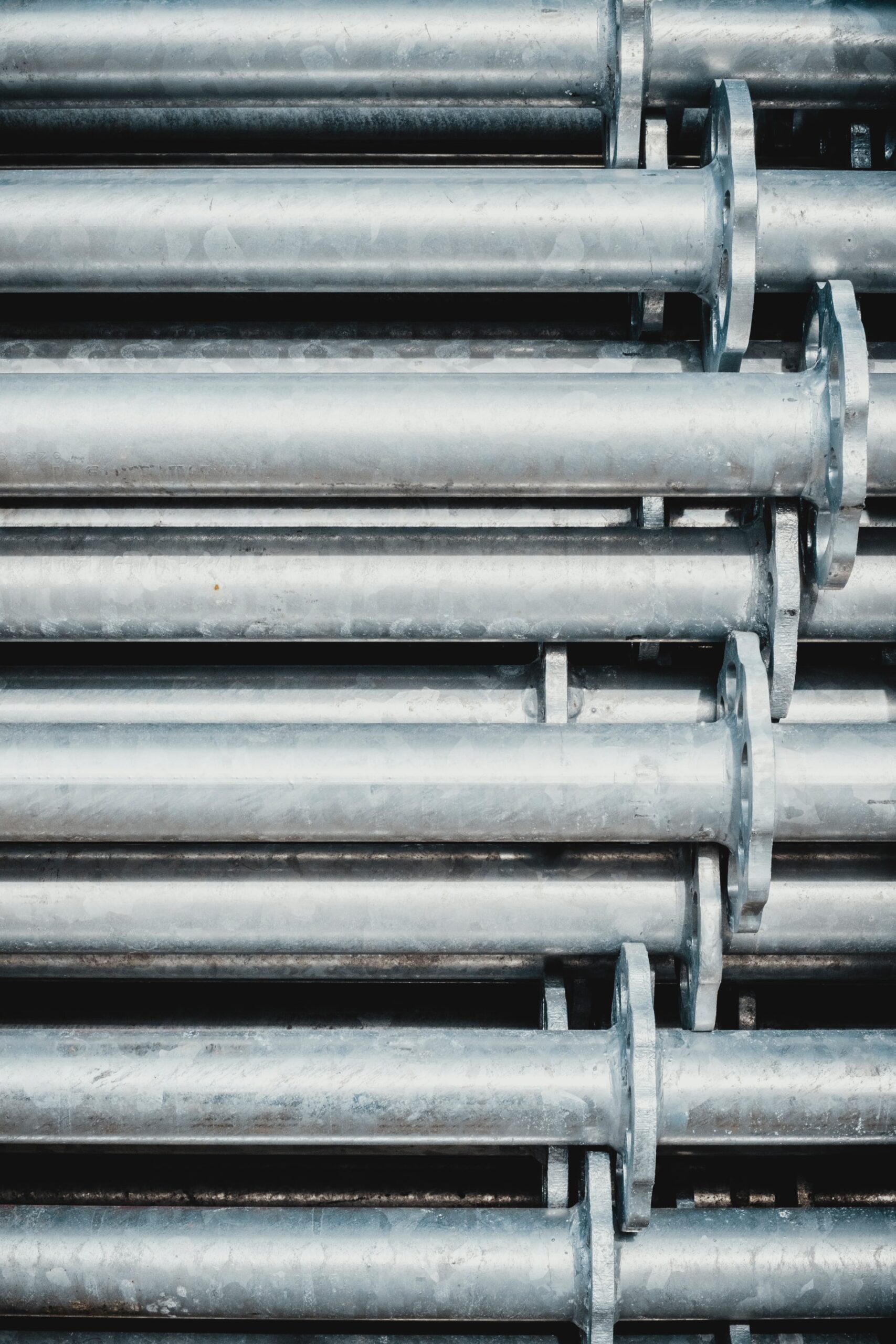What is gas piping, and how does it work in your home?
A well-installed gas piping system can offer many benefits, and homeowners worldwide enjoy considerable savings on their energy bills when they convert to natural gas.
If you’re building a new home or thinking of making the switch, be sure to understand the basics first.
Getting Natural Gas Into the Home
How does natural gas reach your home?
A service line runs onto the property, which carries the gas into the home. The utility company is responsible for maintaining the pipeline of the property and up to the residential meter. When natural gas gets to your meter, it will go through a pressure regulator to reduce it further so that once it arrives at a residential home, pressure should be at the .25 PSI level.
The blue flame you see is there because the gas pressure is only slightly higher than the regular air pressure. Any gas that moves beyond this point belongs to the property owner.
Here’s how to tell if you have natural gas lines on your property.
Elements of a Residential Gas Piping System
A gas piping system in the home is made up of several parts, including:
- Sediment trap or drip leg to catch water
- Pipe pushing gas downstream from the meter (homeowner)
- Pipe pushing gas upstream from the meter (utility company)
- Supply line (inside the house)
- Branch lines (run to appliances)
- Dropline or riser
- Connectors
- Shut-off valves
Homeowners should have a solid understanding of how their piping systems work, but gas piping installation and repairs can be dangerous. In addition, different jurisdictions have different regulations.
Contact gas piping experts for more information.
Types of Gas Piping
Gas piping may be made out of various materials, including:
- Galvanized steel
- Yellow brass
- Corrugated stainless steel
- Aluminum-plastic composite
- Copper
- Ductile iron
- PVC (polyvinyl chloride)
- PE (polyurethane)
Steel is probably the most common material used today for residential gas piping. Copper is still used in some areas, but in others, it’s restricted.
Hot Dip Galvanized Steel
This type of steel gas piping is resistant to rusting and extremely durable. The “hot dip” refers to the fact that it is dipped in zinc, and this is what makes it corrosion-resistant.
Aluminum Composite
This type of piping is made from aluminum and polyurethane. It’s typically used for underground gas piping transporting gas in large quantities. This type of piping is safe and resistant to chemical reactions and extreme temperature changes.
PE Gas Pipe
PE and PVC piping is used below ground, and PE Is the most common material for natural gas distribution from source to the city. It’s flexible, impermeable and corrosion-resistant. It’s used because it’s the safest option for transporting gas under high pressure.
Regions have different regulations about gas piping materials, so it’s important to check before going ahead with installation plans.
Gas Piping Problems & Safety Information
Residential natural gas plumbing should be handled by professionals. But if you are doing a house inspection, are worried about a potential problem, or are considering an installation, keep these safety tips in mind.
When installed and maintained properly, gas piping systems are safe. However, there is always a small chance of a gas leak.
The most common problems in gas piping systems that can lead to gas leaks include:
- Bad installation
- Loose valves
- Worn materials
- Worn parts
- Damage to any part of gas piping
- Cracks in a gas line
- Missing parts
- Rusting
- Lose valves or connectors
- Piping installed in duct systems
- Lack of signage or labeling
Homeowners looking at an installation or inspection should be sure to shut off all gas mains before attempting to do any repairs.
If you smell gas while in an enclosed space, leave the area and call an emergency repair service right away.
In addition, make sure that gas lines on your property are marked clearly before doing any renovations.
Hire a Skilled Gas Piping Contractor
Natural gas comes with many benefits for homeowners. And while getting your natural gas piping system setup might not look overly complex, you should always leave it to the experts instead of attempting a DIY job.
Our team of licensed contractors can handle all kinds of gas piping services. If you’re in the Phoenix area and have questions about installation, repairs, maintenance, or anything else, don’t hesitate to contact us — we’re happy to help!
Enjoyed this article? Here are three more to help you:


